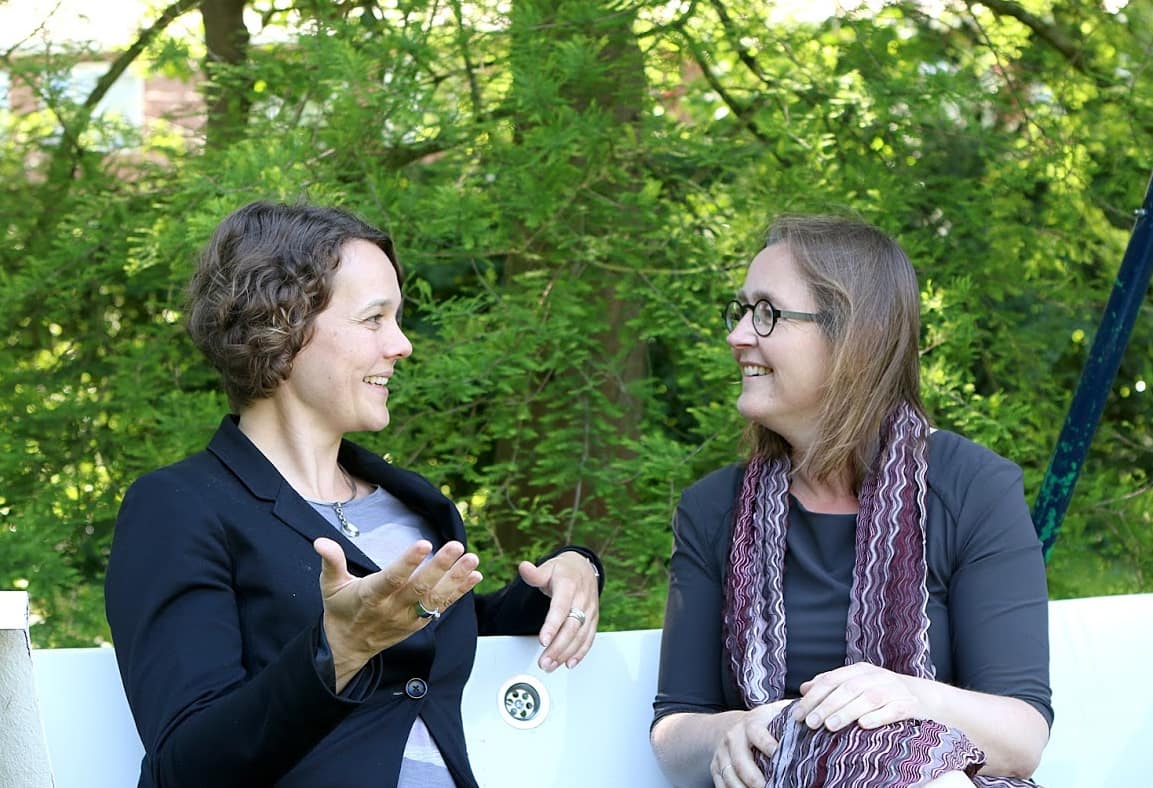Psychopathic leaders have emotions, too! But how do they express them – and what does this do with their subordinates? This blog post is a short reflection on a paper about the use and effects of emotion regulation strategies in relation to leader psychopathy written by Barbara Wisse, Ed Sleebos, and Anita Keller.
Childhood maltreatment can have long-term consequences on psychological functions. People with a history of childhood maltreatment are more likely to be victimized in adulthood. In this blog post, I will explain why it is important to understand what risk factors link childhood maltreatment and adult re-victimization.
Second-year Psychology students participating in the University Honours College follow a workshop on Blogging Science, in which they learn to communicate science to the general public, by means of informing, giving an opinion, and relating issues in science to issues in society. This year a selection of these written blog posts is published on Mindwise. Today’s post […]
Lea Benarey is a German second year psychology student at the RUG. Her main interests lie in the fields of developmental psychology and neuropsychology. She is fascinated about the way people with mental and physical problems experience everyday life. Currently, her main passion lies in the domain of deaf communication.
When do you let your emotions flow freely, and when do you regulate them? Mindwise has selected two University of Groningen experts to answer our most burning questions regarding emotion regulation. Read here the duo-interview with clinical psychologist dr. Maaike Nauta and organisational psychologist dr. Susanne Scheibe.





